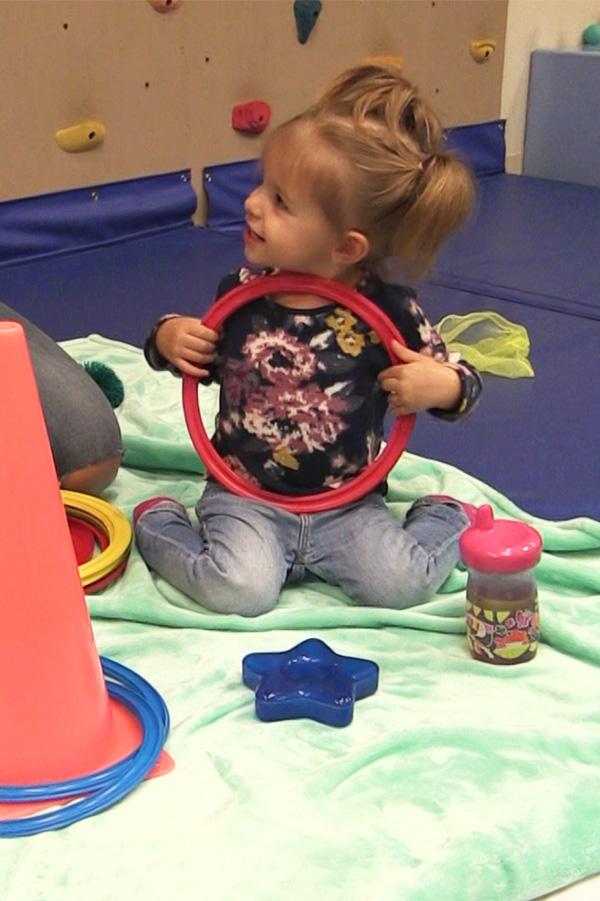Outdoor Activities for Kids
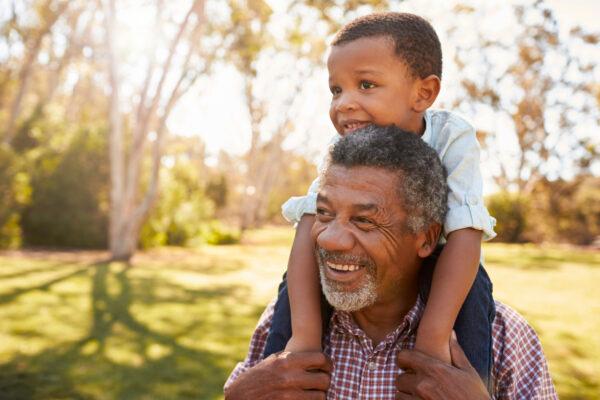
10 Valentine’s Day Crafts and Activities for Babies and Kids!

10 Ways To Help Your Child With Learning Shapes

11 Ideas to Make Story Time Fun

130+ Activities for Home

Gross Motor Activities

Baby-Proofing Tips

3 Common Myths About Playtime for Kids

4 Common Questions about Raising Bilingual Children
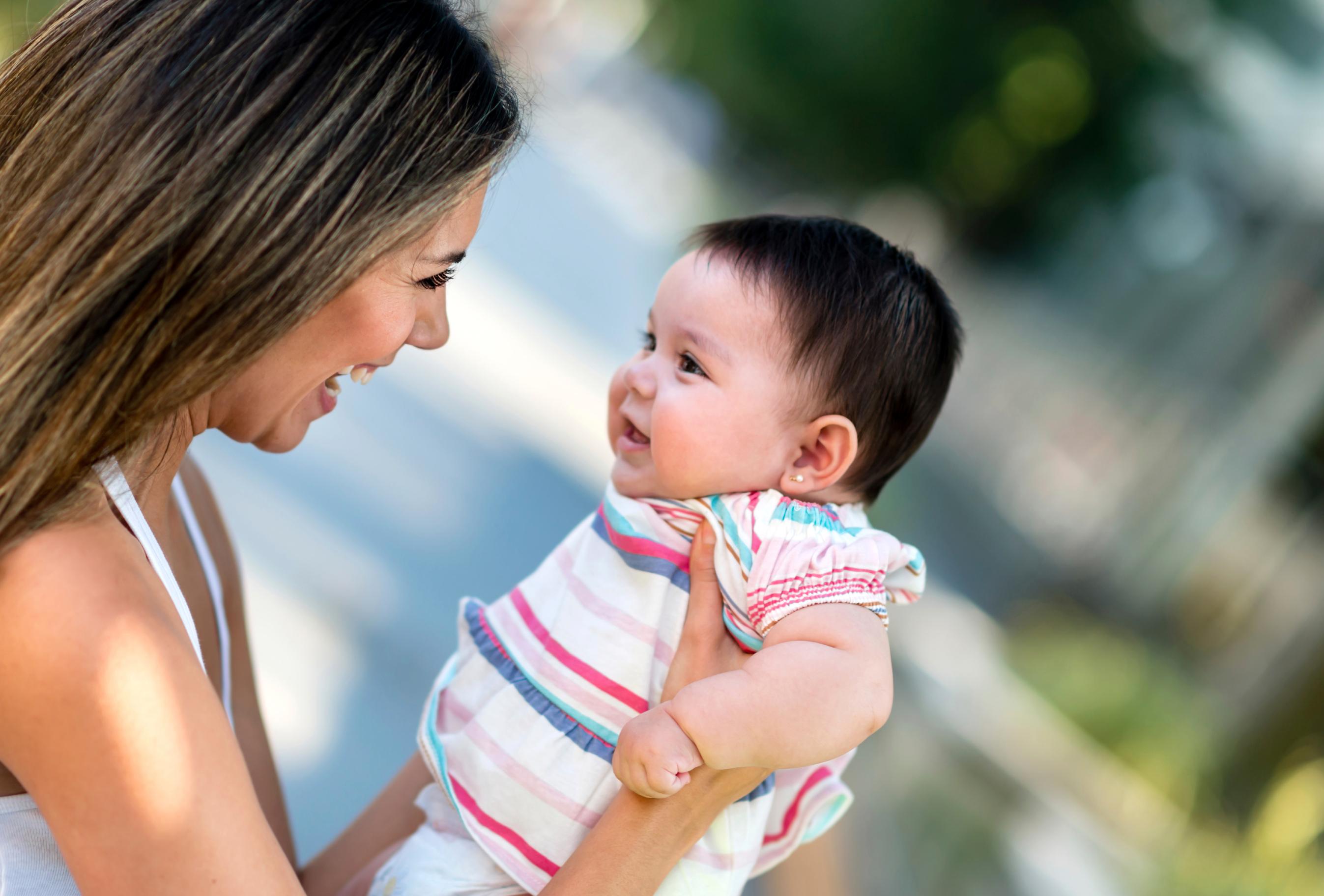
4 Exercise Benefits Other Than Fitness

Indoor Activities

4th of July Safety Tips for Kids
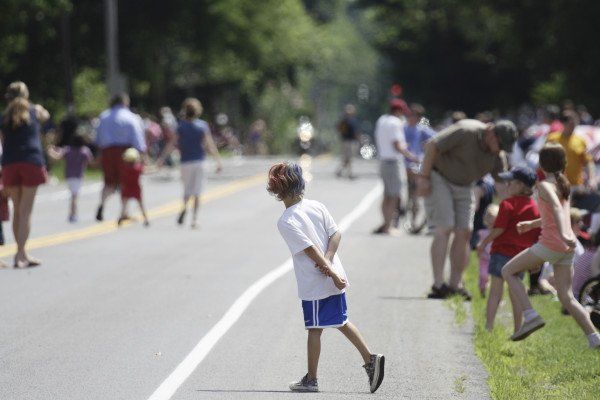
5 Activities You Can Do After Feeding Baby

5 Ideas to Encourage Children to Be Thankful

5 Tips for Better Playdates

5 Tips for Running Errands with Kids

5 Tips for Sensory Friendly Haircuts
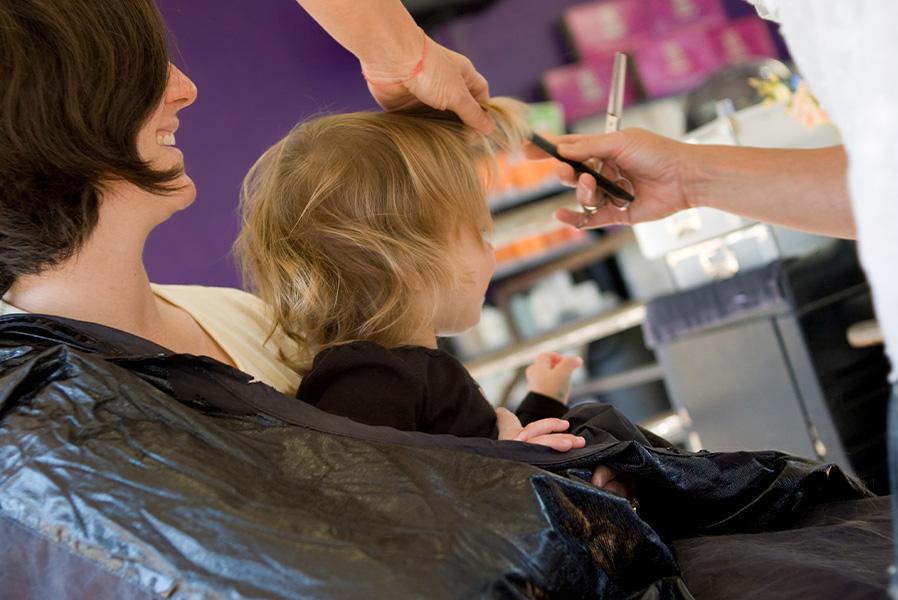
5 Ways Cleaning Can Help Your Child’s Development
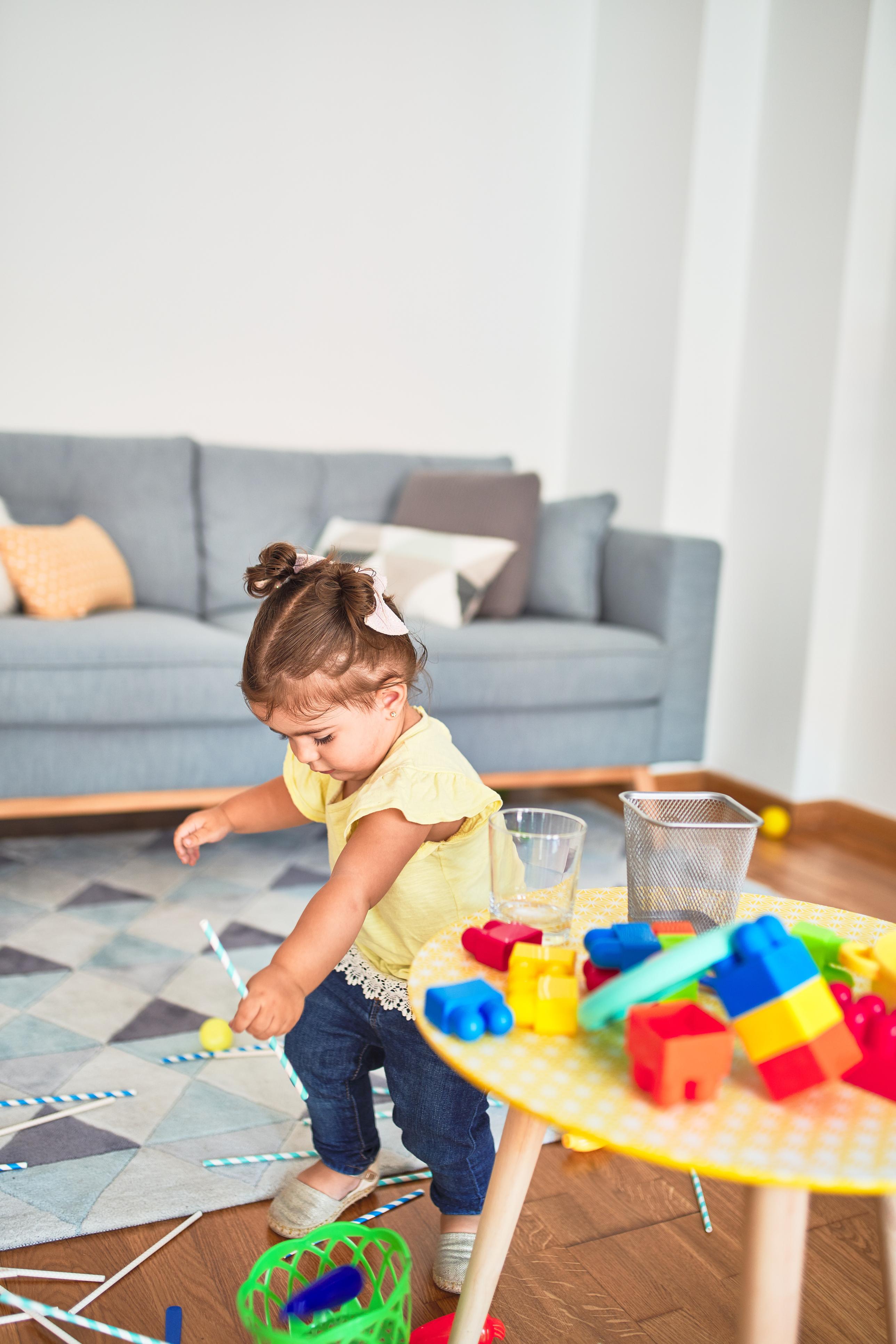
5 Ways To Help Baby Learn and Grow This Year

5 Ways to Make Going to the Dentist Fun!

6 Baby Reflexes to Know

6 Car Games: How to Turn Car Rides into Playtime

6 Picky Eating Tips

6 Tips for Your First Holiday Season with Baby

6 Tips to Help Kids Brush Their Teeth

Easing Separation Anxiety
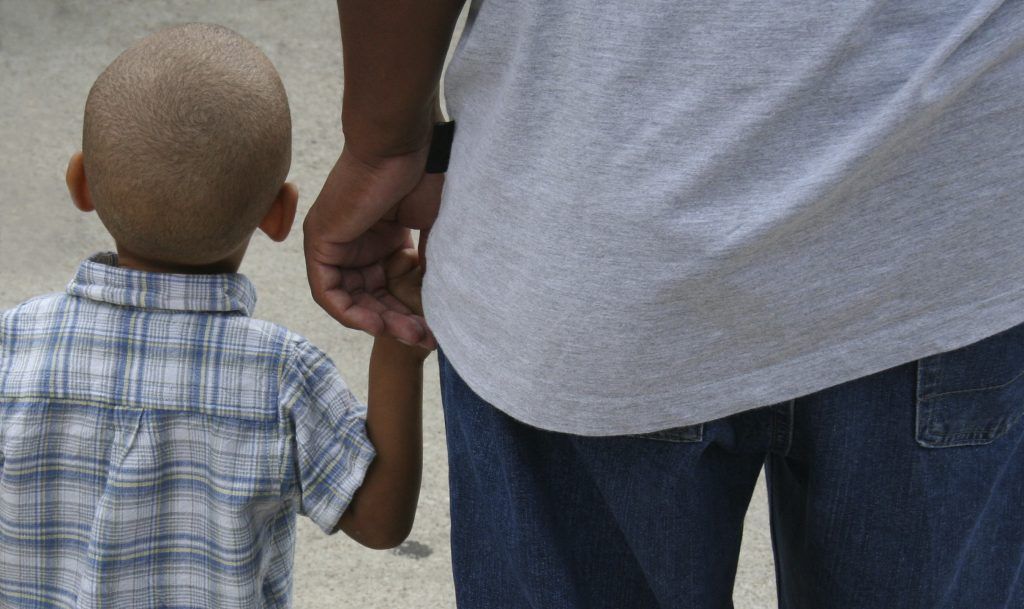
7 Things to Do Before Your Child Heads Back to School

7 Tips for a Sensory Friendly 4th of July

Back to School Tips

8 Fun Ways to Workout with Your Baby
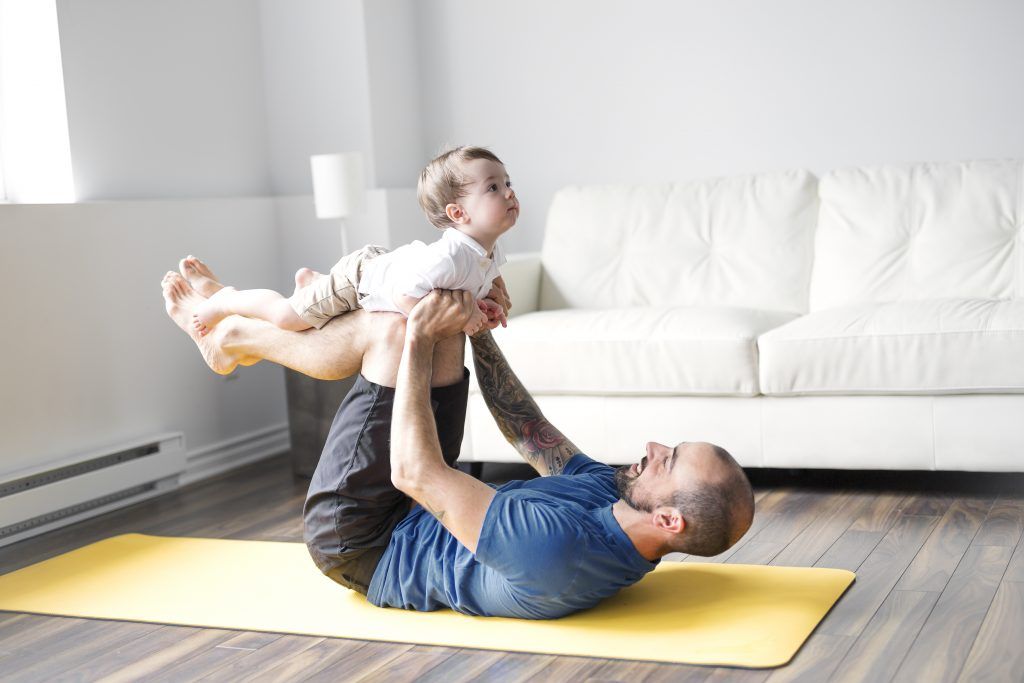
8 Outdoor Play Safety Tips for Kids

8 Questions to Ask When Picking Your Child’s Summer Camp

8 Tips for Homework Help
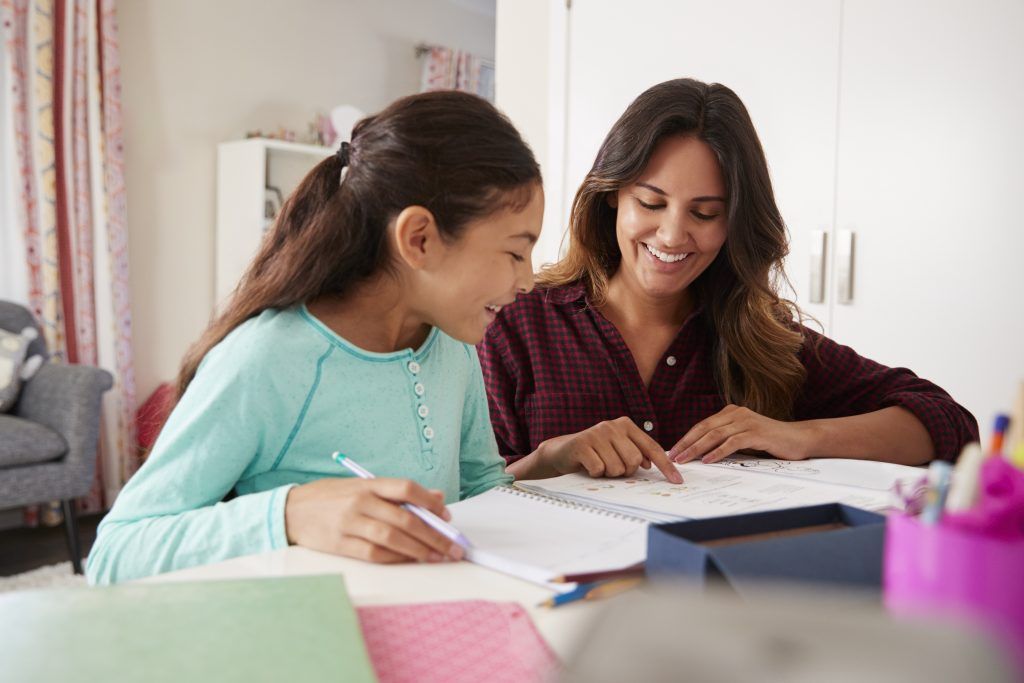
Activities and Crafts to Celebrate Valentine’s Day with Kids

Activities for Baby Using Everyday Household Items

Activities that Encourage Baby’s Math Skills Before Their First Birthday
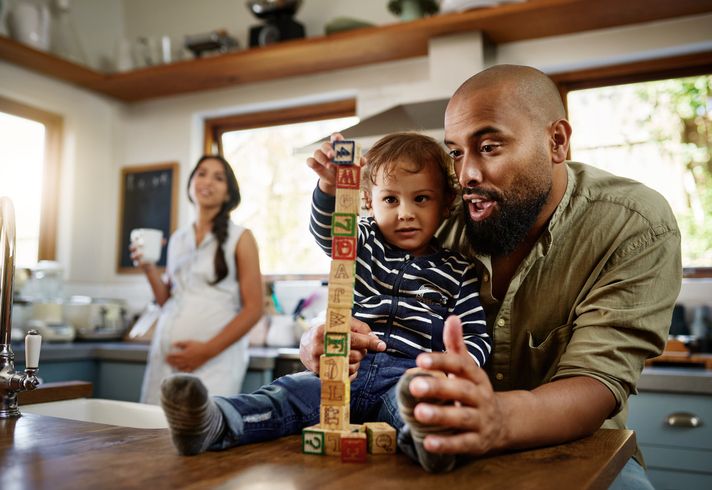
Activities to Celebrate the New Year’s Eve With Kids

Activities to Help Babies and Toddlers Develop Their Sense of Touch

Activities to Help Your Child Wind Down

How Crawling Helps Baby

Alternatives to Saying “No” to Your Toddler

An Evening Routine Can Help in More Ways Than You Might Think
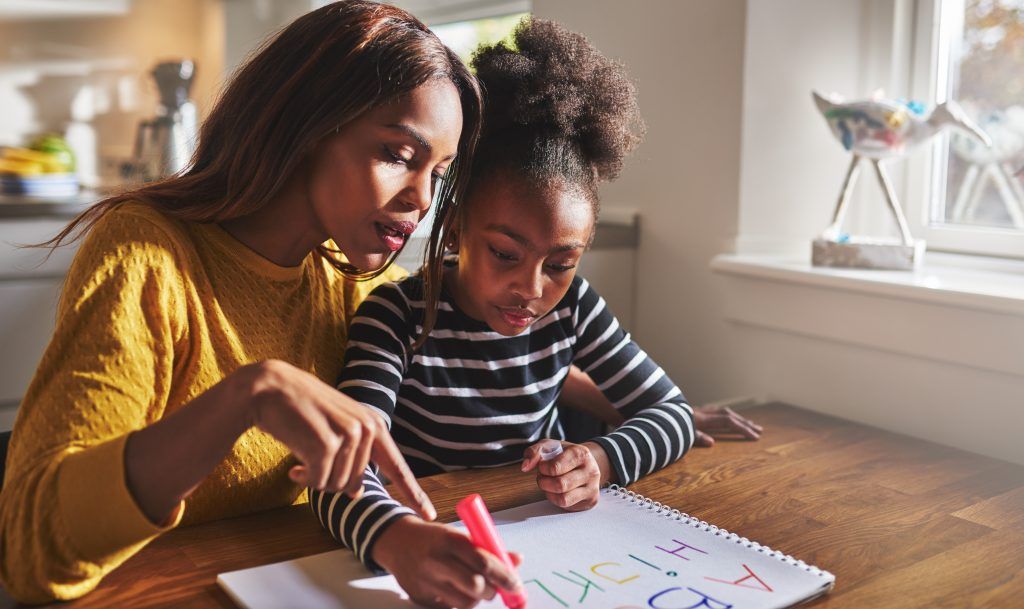
At-Home Halloween Activities to Make This Holiday Extra Fun!
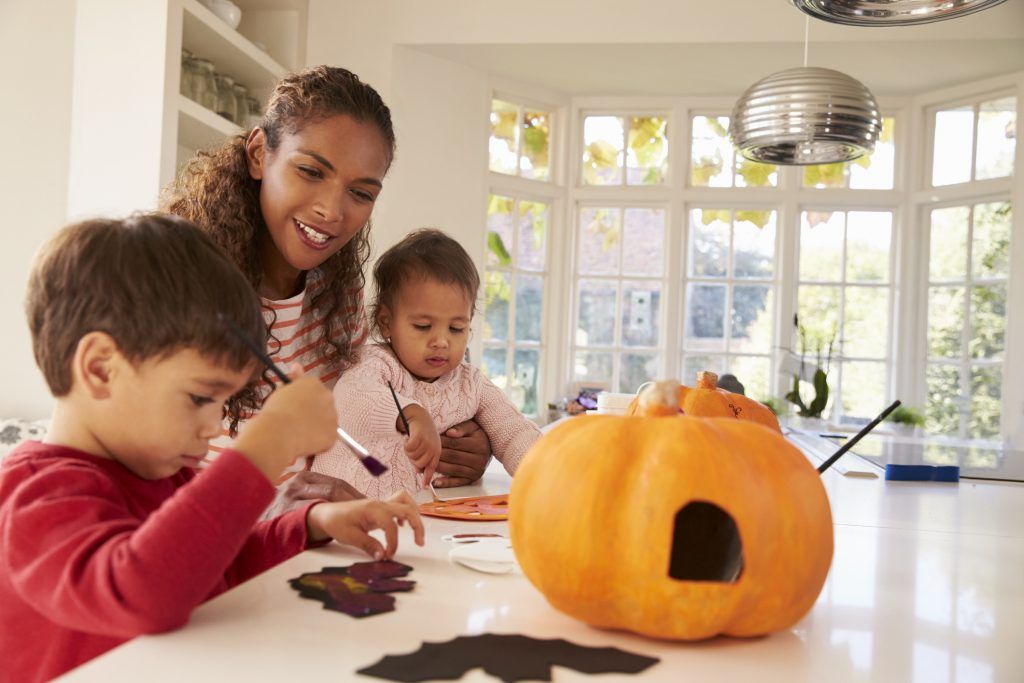
Augmentative and Alternative Communication For Kids

Crib Safety Tips

Help Baby Learn Language

Baby Milestone Videos

Baby on the Move – 5 Ways to Encourage Crawling

What is Babbling?
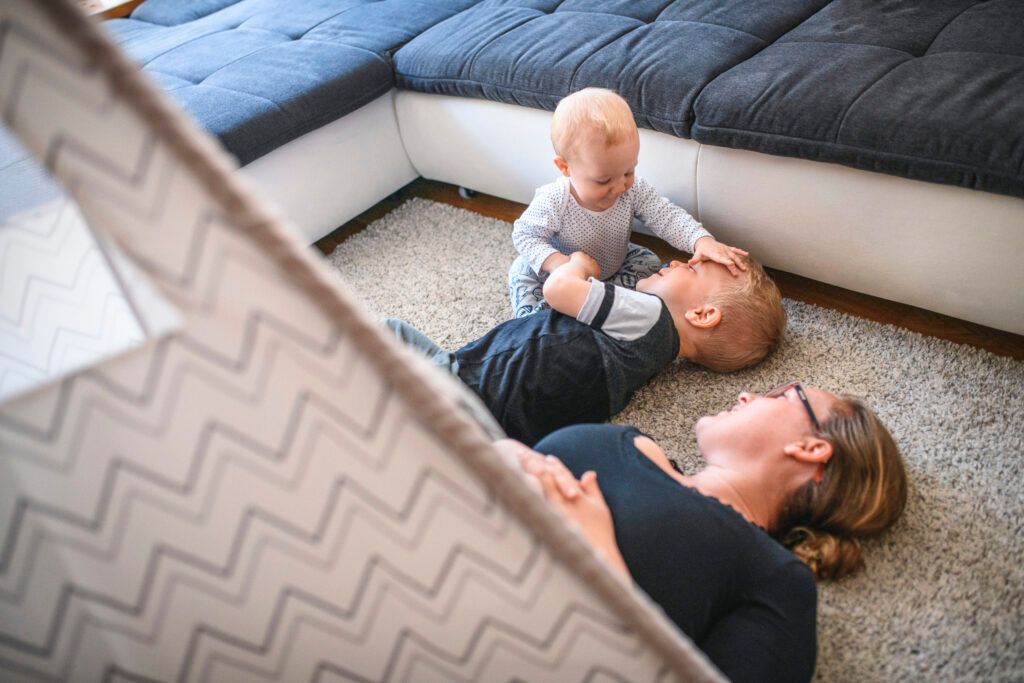
Bath Safety for Babies and Kids
-c144fc.png&w=3840&q=75)
Bath Time Routines

Benefits of Family Meals for Kids

Benefits of Water Play for Children

Benefits & Tips of the Side Lying Position for Baby

Book Review: Retro Toddler

Messy Food Play Ideas

Can Baby Drink Water?

Can Baby Get Seasonal Allergies?

Can Music Help with Baby’s Brain Development?
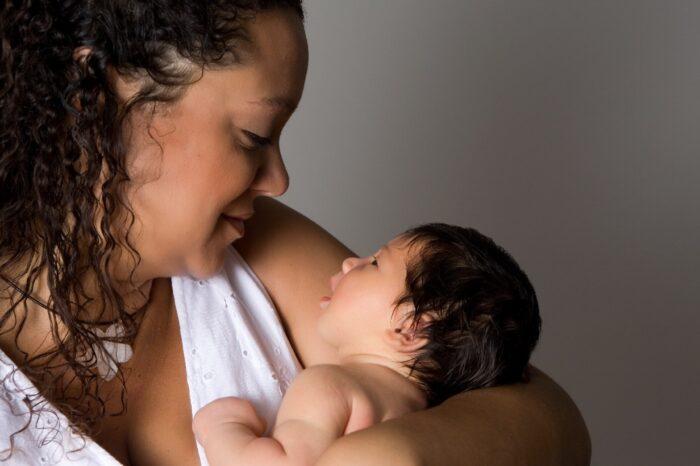
Celebrate St. Patrick’s Day with Sensory Activities!

Celebrating the Differences That Make All Children Unique!

Celebrating the Holidays from a Distance

Children’s Executive Function Skills

Choosing an Eye Doctor

Choosing the Perfect Game for Family Game Night
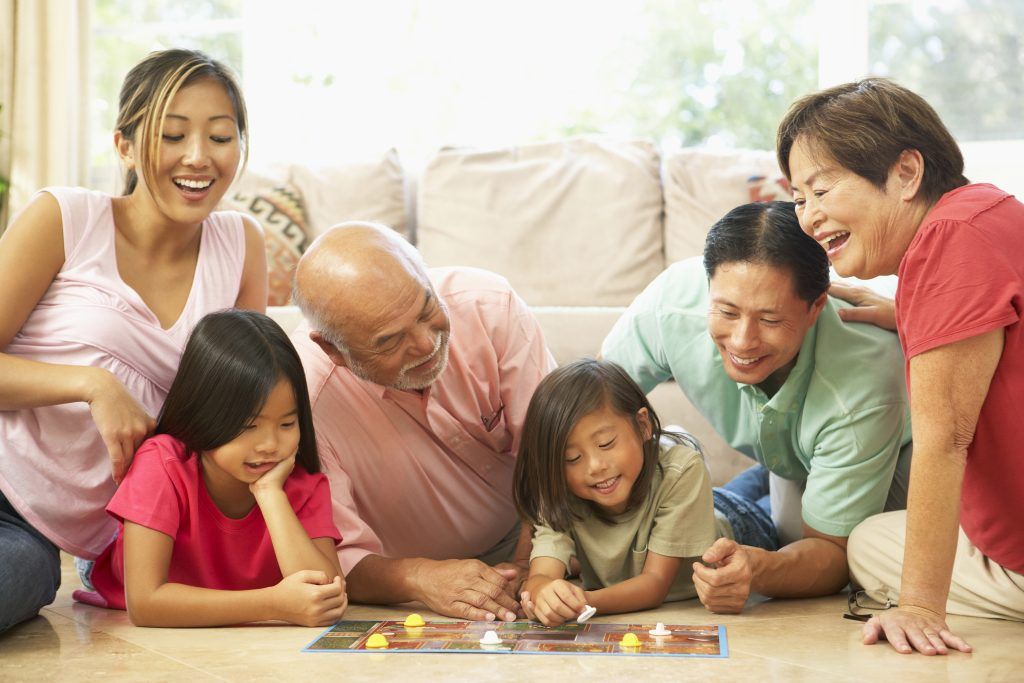
Communication Delays: Common Misconceptions
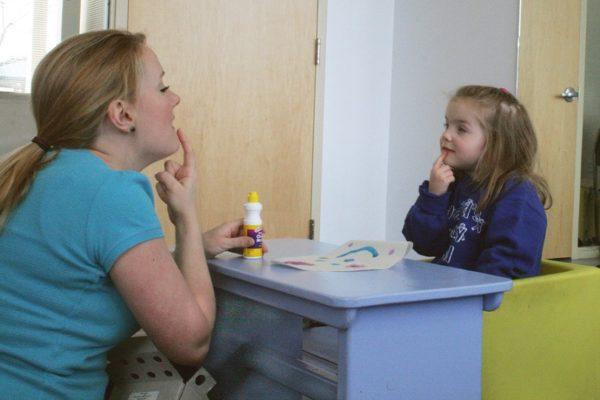
Day-Night Confusion in Babies

Dentists? Brushing? Feeding? What to Expect When Baby’s Teeth Come In

Detecting Early Motor Delays at Well-Baby Visits

Develop Your Child’s Senses by Playing with Food

Do Babies Sleep Better in a Dark Room?

Does My Baby Dream? Understanding REM Sleep in Babies

Does Your Child Chew on Everything? 3 Common Questions Parents Ask

Do The “Sleep Switch” Every Night to Help Prevent Plagiocephaly

How do Twins Develop?
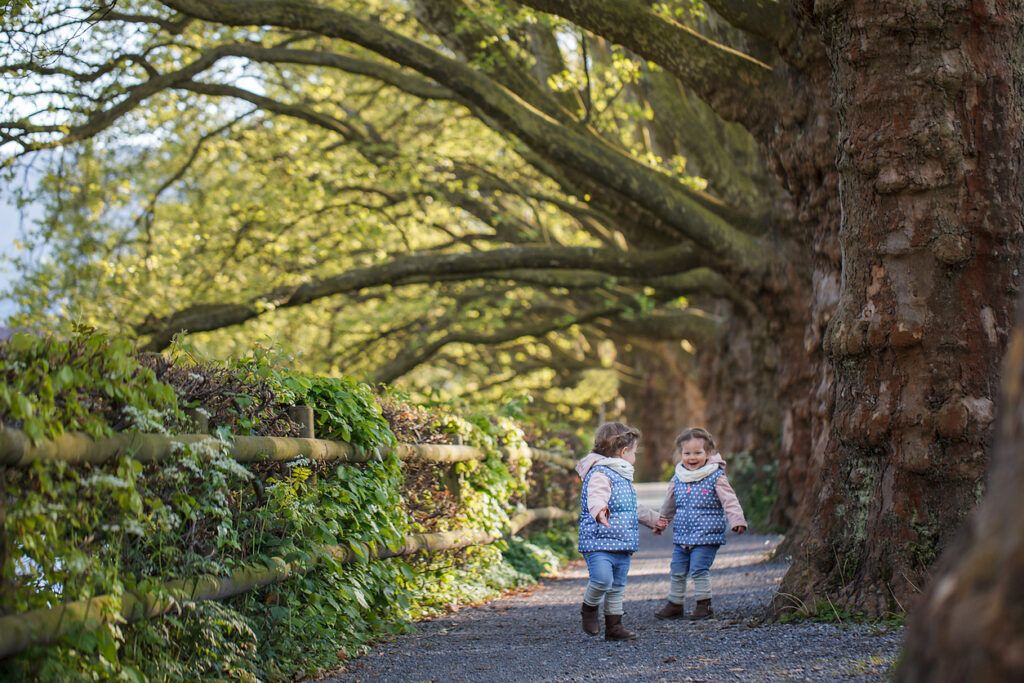
Easy Daily Activities to Help Baby Reach Milestones

Why You Should Narrate Your Day

Car Seat Safety Tips

Fall Activities for Babies

Family Activities for Fall

What to Get to Help Baby’s Development

3 Tips for Safe Sleep

Food & Drink Safety Tips

Testing Boundaries During Play

FAQs About Baby Sleep

Frequently Asked Questions About Infant Equipment

Baby’s First Steps
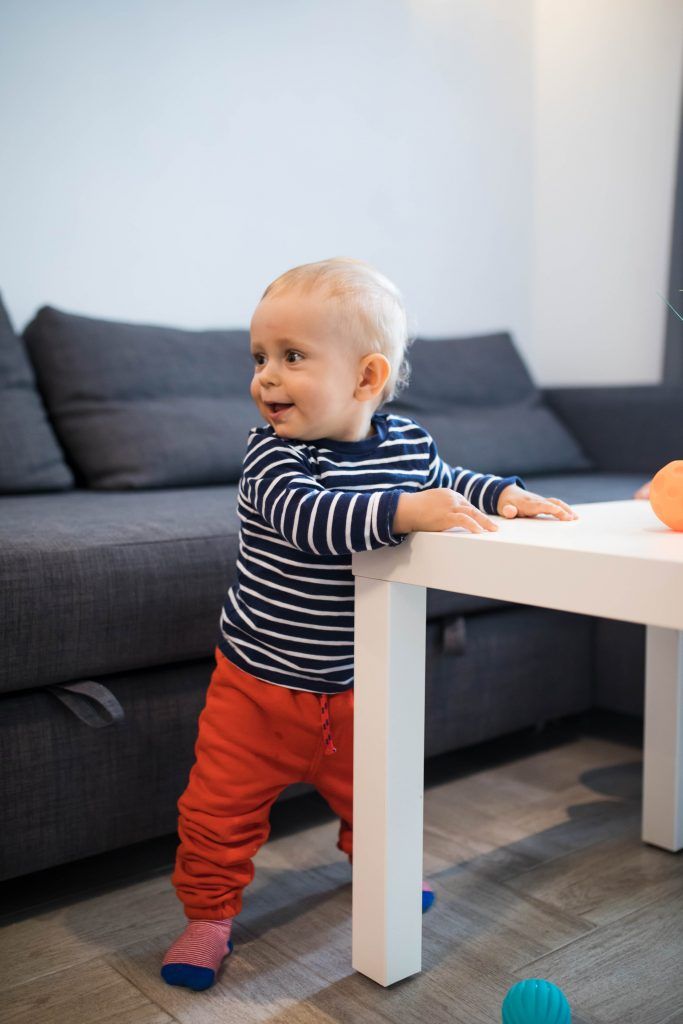
Fun Activities for Mother’s Day

Fun Fall Crafts For Kids

Fun Summer Activities that Promote Learning

Fun Things to Do with Dad on Father’s Day

Fun Winter Crafts For the Whole Family

Get Siblings Excited for Baby

Teaching Kids How to Share

Get Your Toddler Talking: 5 Ways to Add Communication to Your Daily Routine

Great Family Halloween Activities Beyond Trick or Treating

Guide to High-Quality Screen Time Programs

Have You Started Tummy Time Yet?

Building Healthy Eating Habits

Help Baby Brave the Cold with 3 Easy Tips

Helping Families Choose Age-Appropriate Extracurricular Activities

Helping Your Child in Social Situations

Helping Your Child Retain Learning Over Summer Vacation

Homemade Craft for Kids: Valentine’s Day Card Holder

How Baby Can Get the Tummy Time They Need in the NICU

How Motor and Feeding Skills Work Together

How Books Help Children

Learning New Words

Make the Most of Screen Time

How Can I Practice Baby Sign Language?

Dad & Baby Bonding

Prepare Baby for a Nanny

Kids in the Kitchen

The 6 Stages of Play

How Many Extracurricular Activities is Too Many?

How Moms and Dads Reading Styles Each Help Baby

How Occupational Therapy Can Treat Children with Sleep Problems

How Playing in Nature Helps Your Child’s Development

Pretend Play & Brain Development
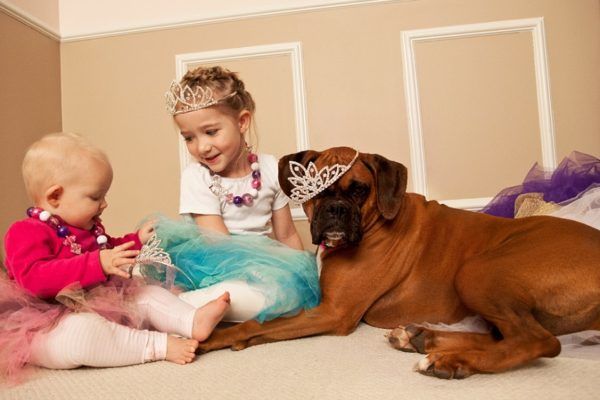
How Sand Play Can Help Your Child’s Development

Burping Baby

How to Comfort a Crying Baby

How to Dress Baby for Fall Weather

How to Encourage Kids to be Physically Active

Find a Healthcare Provider

Get Siblings Playing Together

How to Handle Temper Tantrums

Helping Baby When They Fall
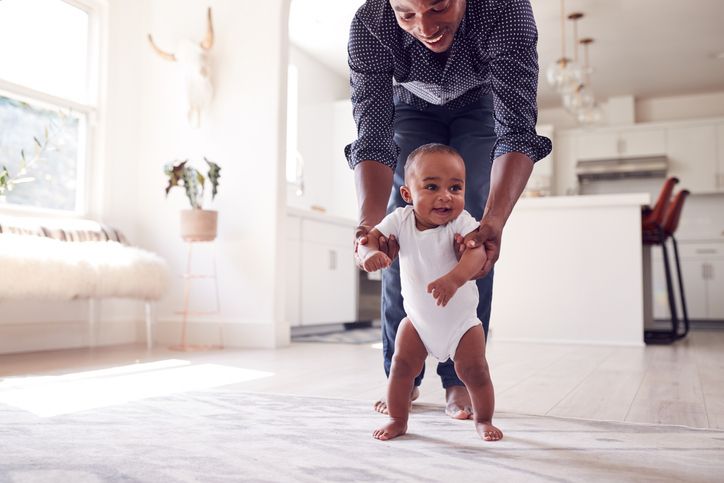
How to Help Baby Develop Their Senses of Taste & Smell? Try These Activities!

Sensory-Friendly Halloween Fun

Turn Picky Eaters into Veggie Lovers

How to Help Your Baby Sleep Through the Night

How to Help Your Child Sleep Better

How to Keep Grandparents and Children Connected From a Distance

How to Make Bath Time a Sensory Experience

How to Make Ice Cream at Home

Nap Time

Changing Table Safety Tips

How to Play With Your Newborn
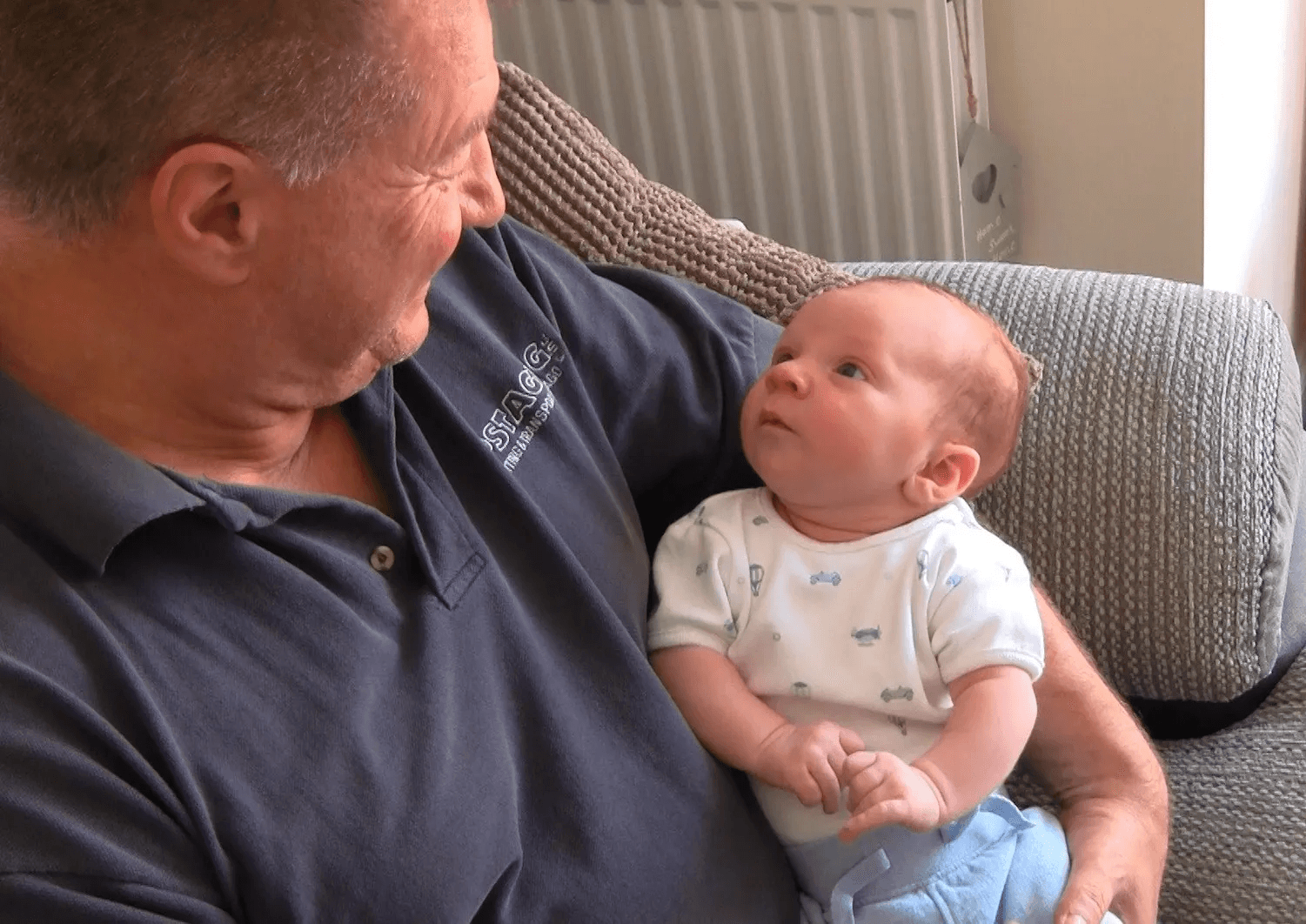
Well-Baby Visits with Premature Baby

Preparing for NICU Discharge

How Books Build Vocabulary

Benefits of Pets

Ideas to Make Time With Grandparents Extra Special

Importance of Eye Contact
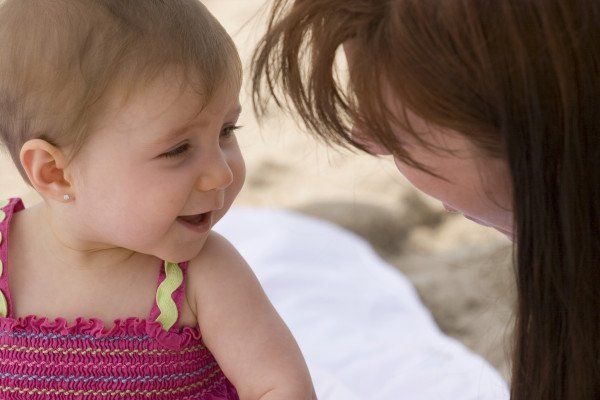
Importance of Play in Children’s Development

Encouraging Independent Play

Indoor Crafts for Kids to Make & Give

Are Baby’s Eyes Crossed?

Help Baby with Sleep Regression

What if Baby Isn’t Meeting Their Milestones?

App Tips for Preemies

Baby's Hunger Cues
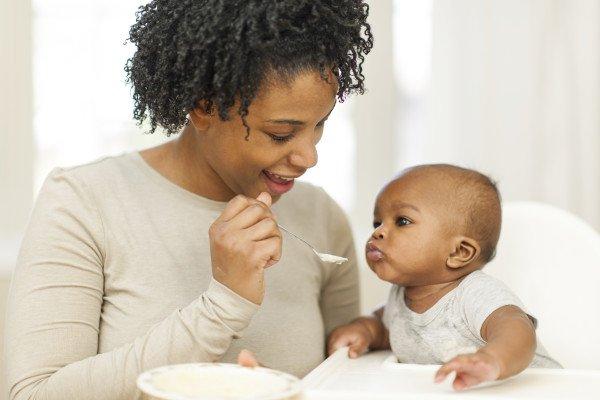
Is My Child Stuttering?
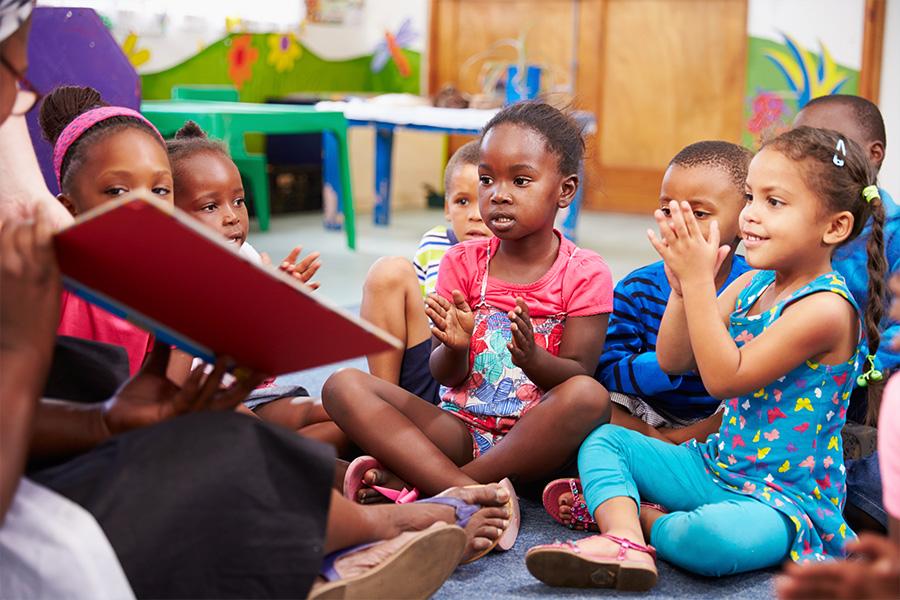
Is Child Having Trouble Speaking?

Is Your Child’s Backpack Too Heavy?

Best Toys for Baby

Transition to a Big Kid Bed

Keep Baby Cool, Hydrated and Safe in the Summer Months

Make a Snow Globe to Promote Fine Motor Skills

Swimming Pool Games
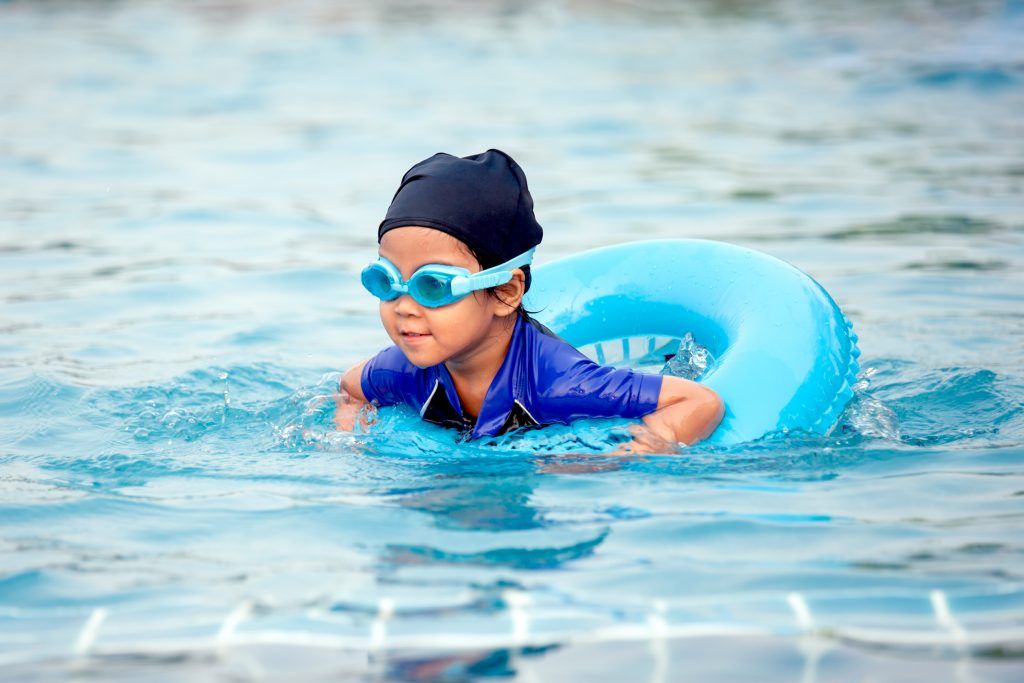
Make the Most of Playtime! The Do’s and Don’ts

Learning at the Grocery Store

DIY Putty for Fine Motor Practice

Massage+ 30, 10, 5

Ways to Encourage Children

Music to Their Ears: How Music Therapy Benefits Premature Babies in the NICU

My Baby Hates Diaper Changes: 6 Tips to Make Diaper Changes Fun for Baby

Working on Mindfulness Skills

One Way to Make Tummy Time Better? Reading!

Outdoor Activities for Kids
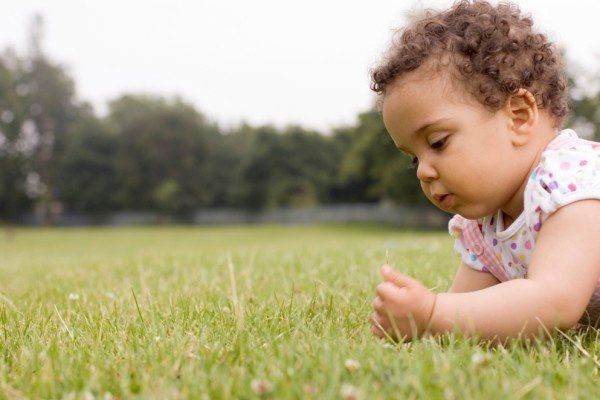
Outdoor Earth Day Activities for Kids

Parenting Hacks for Holiday Travel with Baby

Picky Eaters vs. Problem Feeders

Playgrounds: Much More than Jungle Gyms
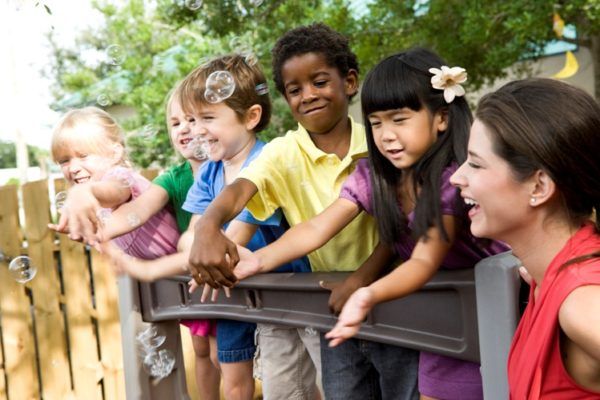
Play in the Snow for Gross Motor Development

Why Do I Need To Adjust Baby’s Milestones?
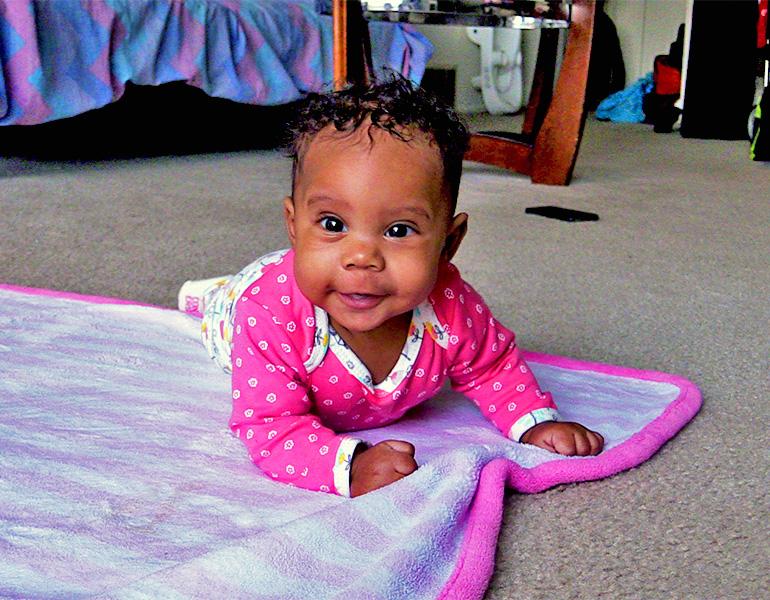
Preparing Your Child for Back to School

Promoting Safer Sleep
-rmgSpT.jpg&w=3840&q=75)
Pumpkin Sensory Bag

How to Pick a Preschool or Daycare

Superfoods for Baby

Reading at Every Age

Tips to Help Kids Eat Veggies!

Saying Thank You

Screen-Free Activities for When Kids Are Bored

Sensory-Friendly Summer Fun!

Well-Baby Visits if Baby is Premature

Should I Wake Baby for Feeding?

Signs Baby is Full

Simple and Easy Games For Babies To Help Develop Their Sense of Hearing
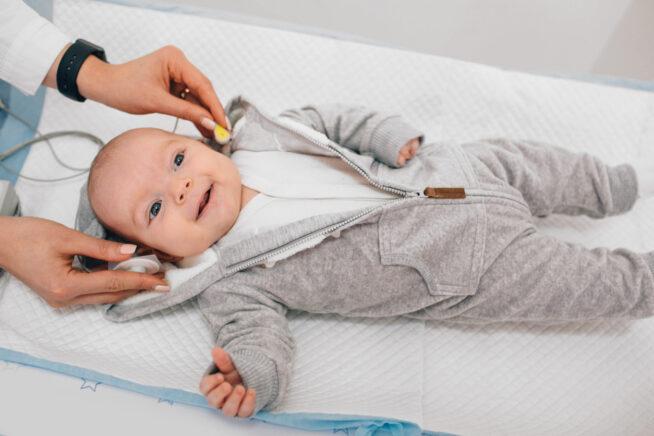
Simple and Easy Games For Babies To Help Develop Their Sense of Vision

Simple Sensory Activities for Baby

Sippy Cups: What You Should Know

Toy Safety Tips

What’s Skin-to-Skin Contact?

Sleep Cues to Tell if Baby is Sleepy

Spring Crafts for Babies and Toddlers
-H81sVe.png&w=3840&q=75)
Starting a New School? These Tips Can Help

When Should You Play with Baby?

Stay Cool (and Safe!) in the Pool

St. Patrick’s Day Ideas for Kids
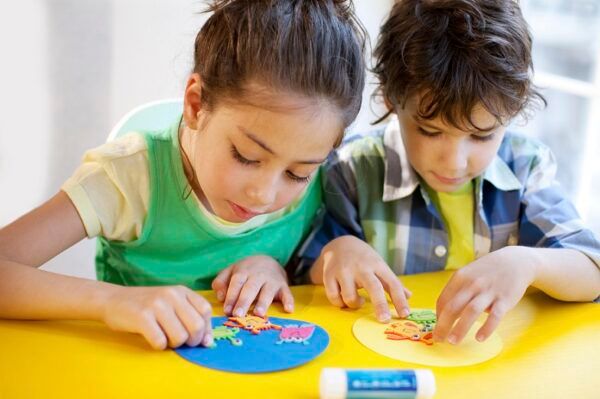
Stroller Safety Tips Every Parent Needs Know

Summer Learning Games

Summer Vacation Safety

Sun Safety: Protecting Your Child

Swaddling Not Going Swell? Here are Some Alternatives.
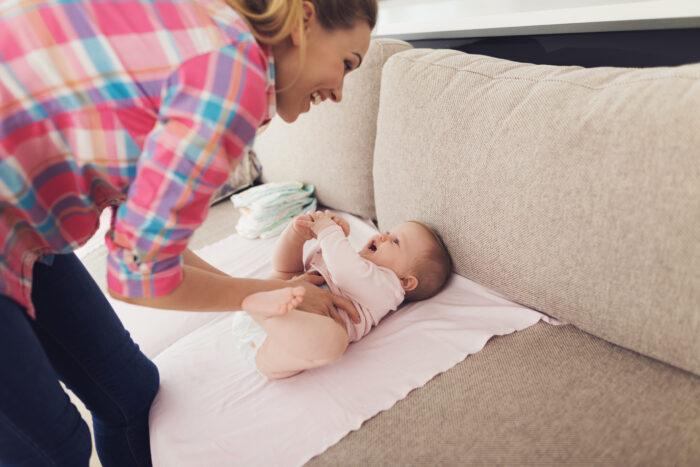
When Will Baby Stand?

Talking to Your Child About Winning and Losing

Teach Your Child About Giving with These Fun Activities

Teething Tips: How to Soothe Your Baby During Teething

Thanksgiving Activities for Kids That Can Be Done At Home

The ABC’s of Safe Sleep

The Best Toys for Outdoor Play

What is the “Fourth Trimester”?

The Pincer Grasp

Tips for Bringing Kids to Restaurants

Tips for Comforting a Fearful or Nervous Child

Tips for Traveling with Baby
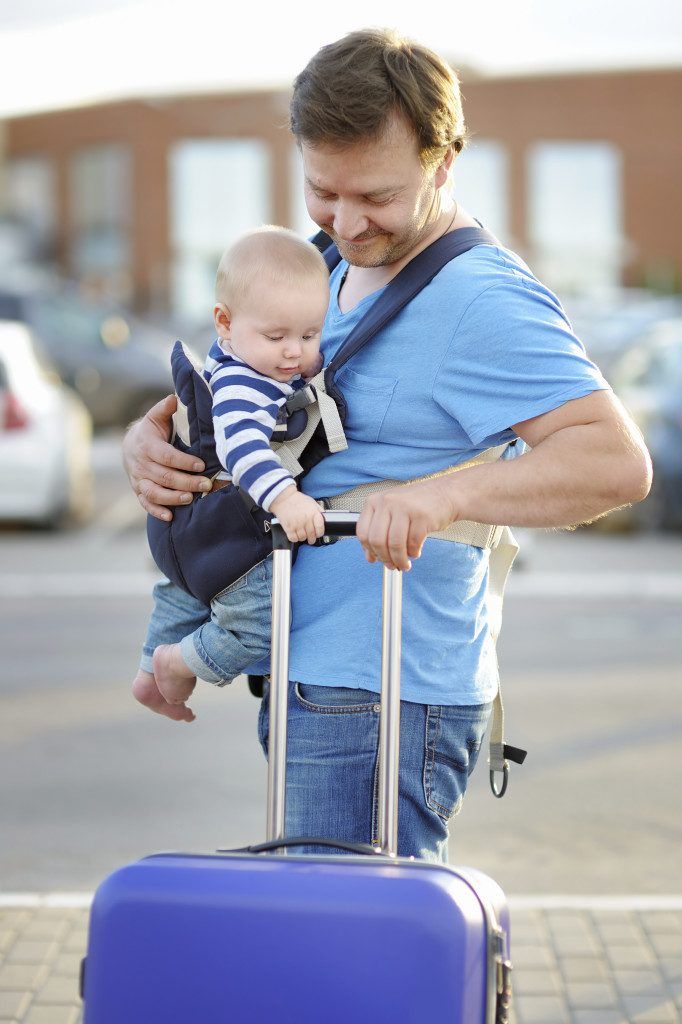
Tips to Help Baby Crawl

Tips to Help Parents Adjust to Baby’s Changes

Activities to Help Baby Walk

Dinner Table Games
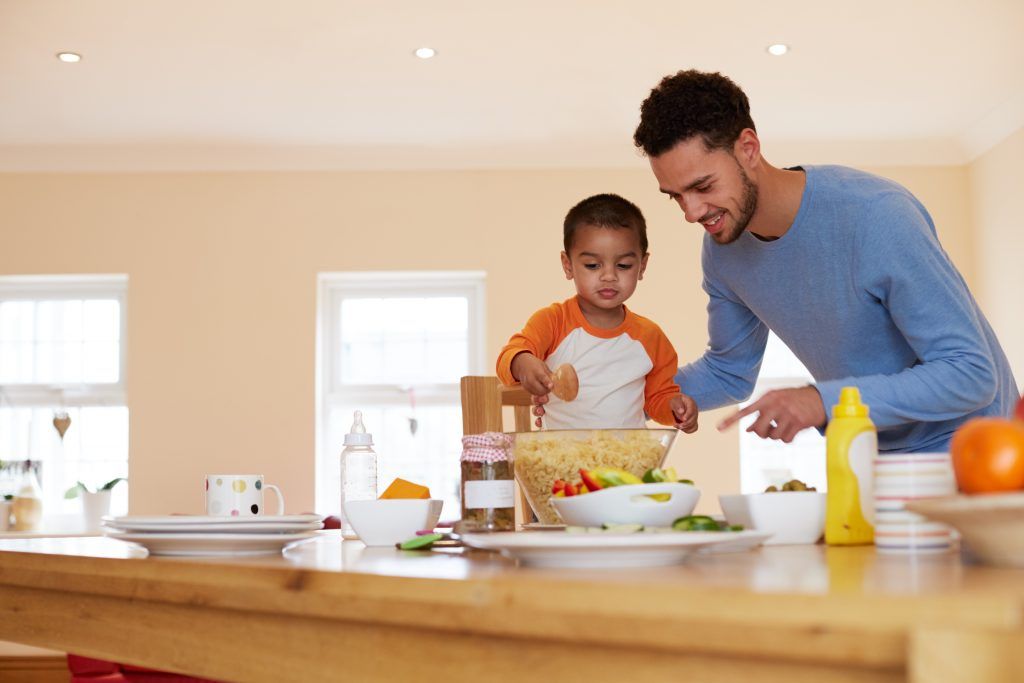
Toddler Talking Tips

When Will Baby Use 2-word Phrases?

Sitting Positions Baby Will Do

Understanding How Your Baby’s Brain Develops

Understanding Neuroplasticity: How Your Child’s Brain Learns and Develops

Using Fine Motor Skills to Make a Valentine’s Day Wreath

Using Putty to Exercise Hands and Fingers

Using Tummy Time to Meet Milestones

High Chairs & Utensils

Valentine’s Day Craft for Fine Motor Development

Valentine’s Day Ideas for Kids

What is Prematurity?

Bonding in the NICU

Ways to Cure Your Kid’s Winter Boredom

Well-Baby Visit Schedule: What to Expect at Each Age

What are Baby Growth Spurts?

What Are Hypertonia and Hypotonia?

Chores for Every Age

What Coordination Skills Should Toddlers Have?

What Does Crawling Look Like? It Might Not Be What You Think!

What is Reflux?

First Time Parent Tips

What’s a Lovey?

What is Animal Assisted Therapy?

What is a Pediatric Occupational Therapist?
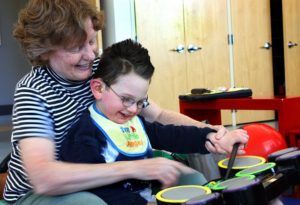
What is a Pediatric Physical Therapist?

What is a Pediatric Speech-Language Pathologist?

What is Baby-Wearing?
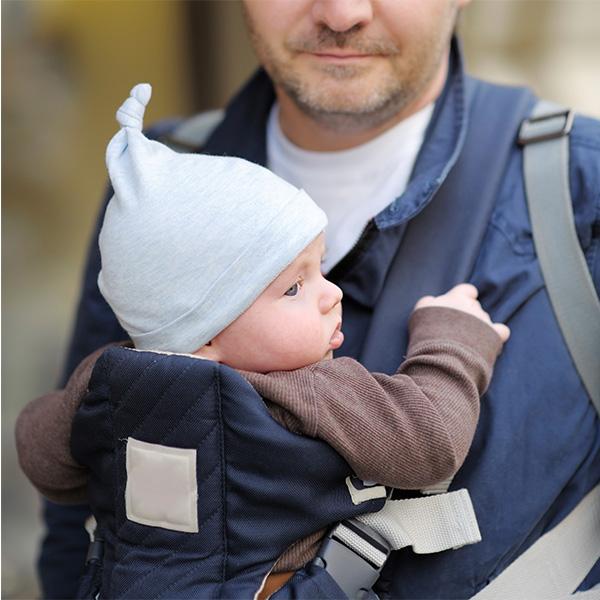
Cluster Feeding

What is Early Detection and Early Intervention?

What is Early Intervention?

What is “Midline” and Why Does it Matter for Baby?

What Is Positional Plagiocephaly & Positional Torticollis?

The "Body Awareness" Sense
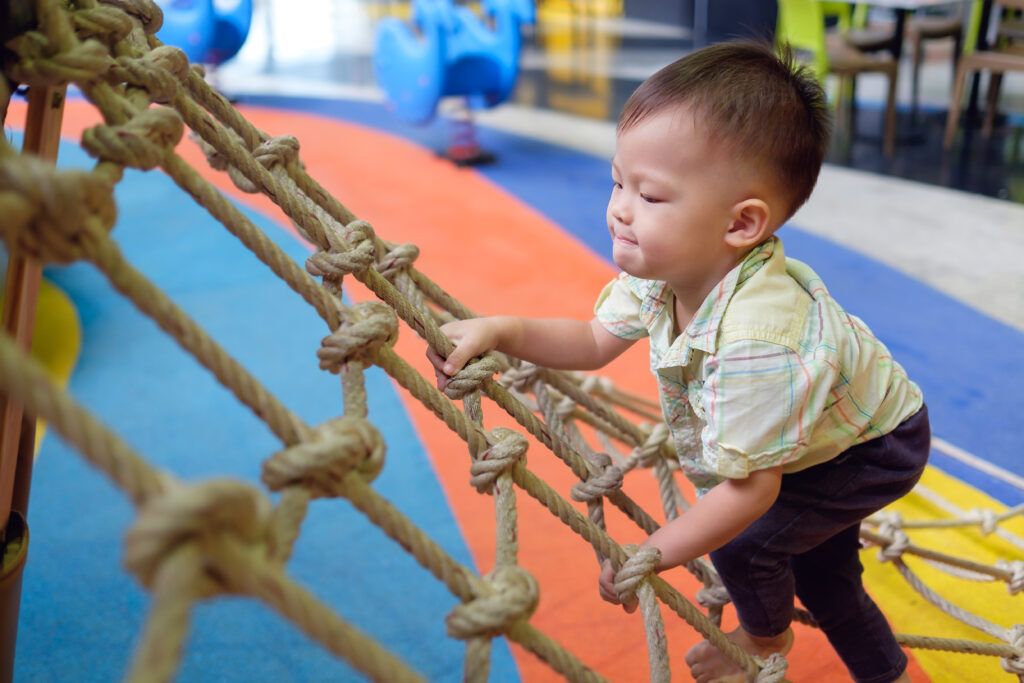
Self-Soothing Tips

The "Internal" Sense

What is the NICU?
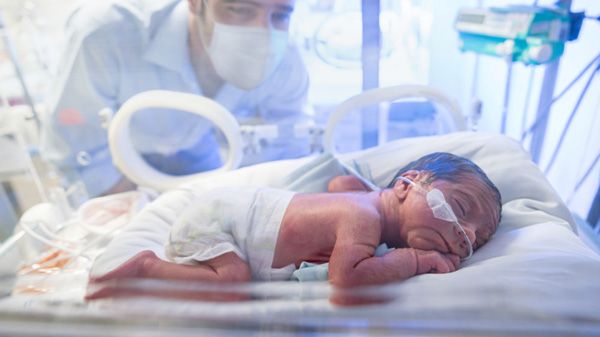
The "Balance" Sense

What is Tongue Tie?

Understanding Toddler Speech

Bringing Baby Home Checklist

Baby's Fear of Strangers

Pinching or Biting During Breastfeeding

Rolling Over During Tummy Time

Well-Baby Visits

Baby's Hearing Tests

What is Toe Walking?

What To Look For in Baby’s Stroller At Every Age
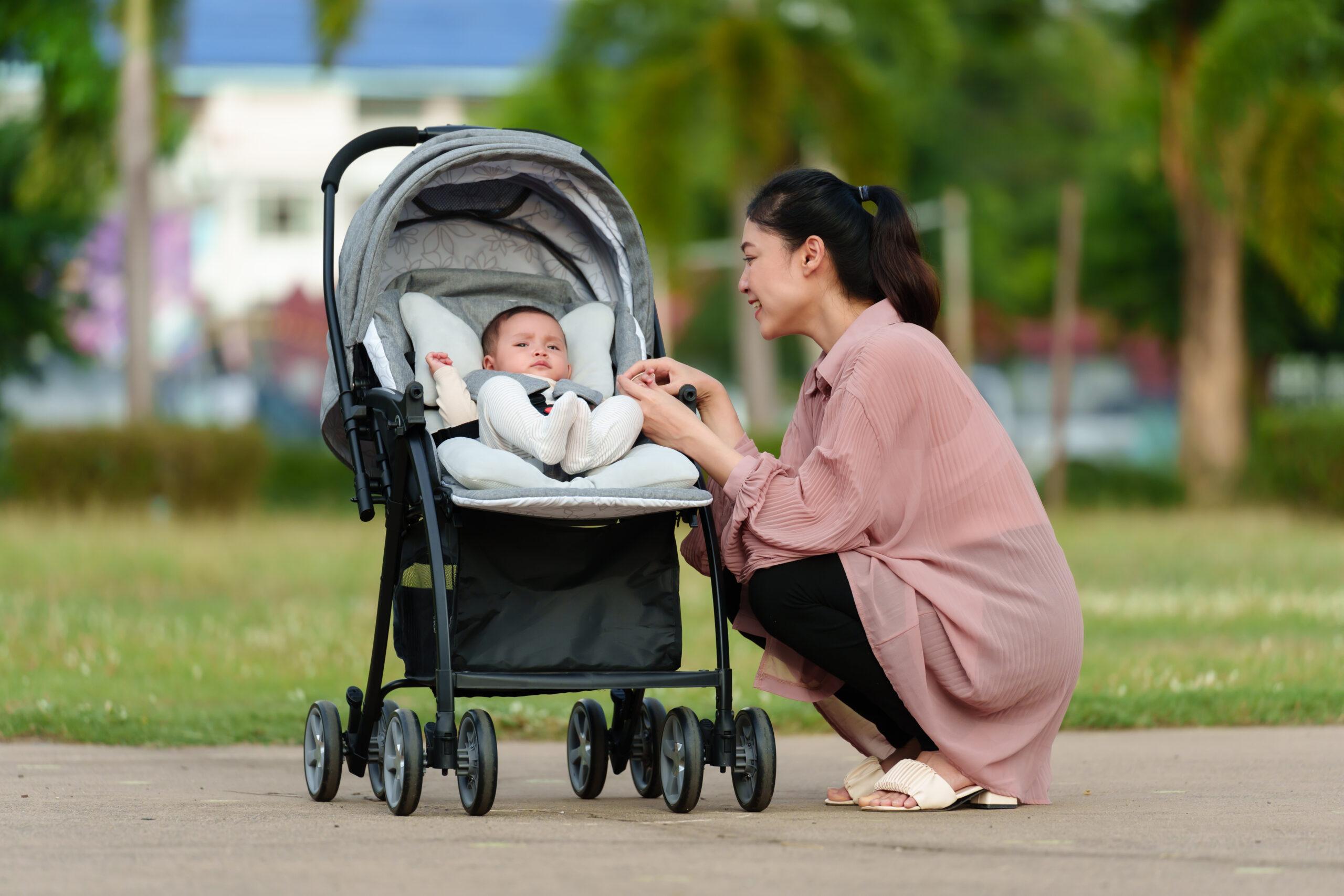
What Will Baby’s First Word Be?

Screen Time Facts

When and Why Baby Should Play on the Floor

When Can Baby Climb Stairs?
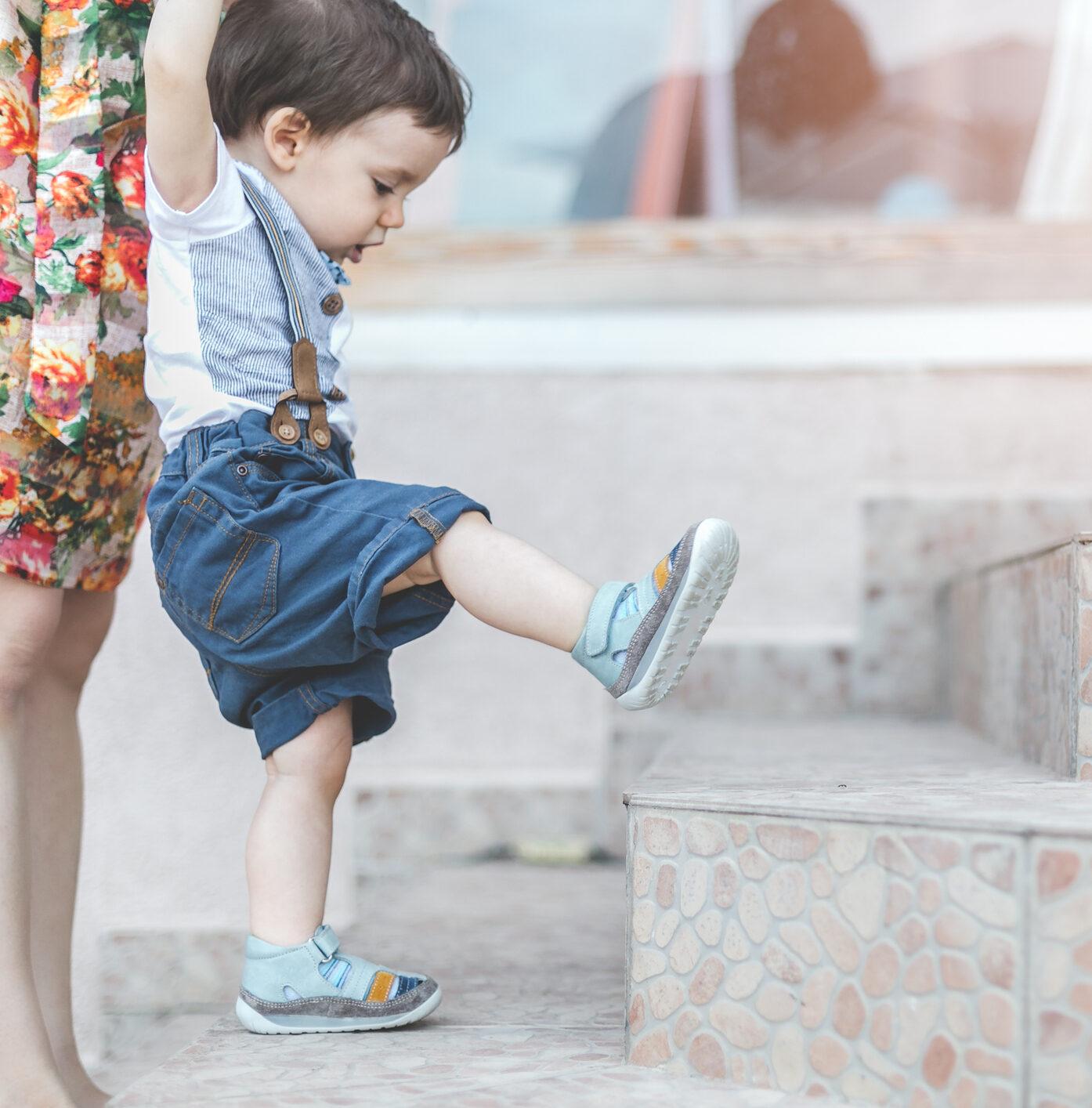
When Can Baby Roll Over?

When Kids Can Use Scissors

Baby Holding Head Up

When Baby Needs Shoes

When Do Children Use Pronouns?

When Does Baby Recognize Faces?

When to Start Baby on Solid Foods

Swaddles & Sleep Sacks

When Baby Will Blow Kisses

When Will Baby Clap and What Does It Mean?

When Will Baby Sit Up?

When Will Baby Squat?

When Will Baby Smile?

Best Toys for Toddlers

Why Are Mirrors Good for Baby?

Baby's Sense of Smell

Why Does Baby Wake Up Frequently?

Why Does Baby Drool?

Why Does Baby Hiccup?

Why Does Baby Not Like Tummy Time?
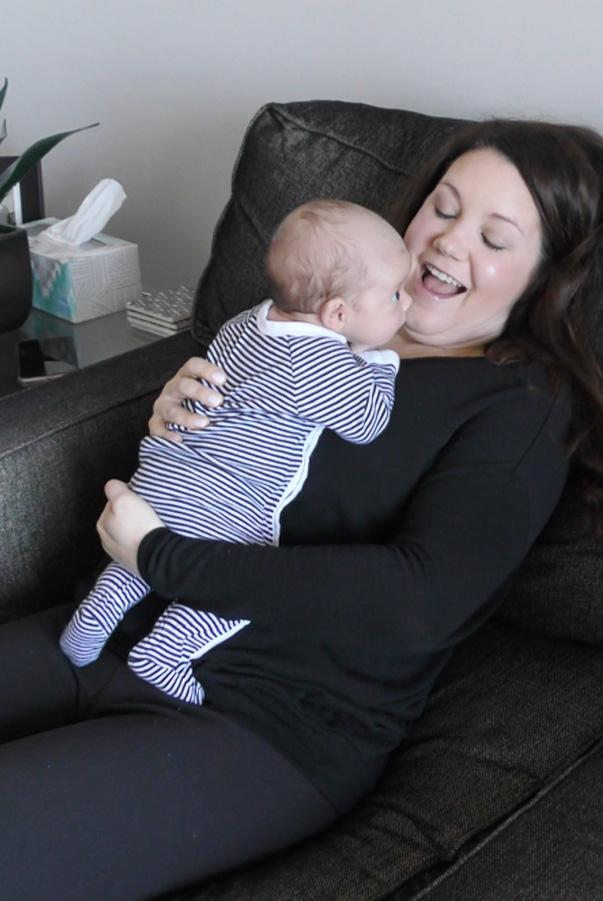
Why Baby Wakes Up Crying

Why Do Tantrums Happen?

Why Food Allergies are Becoming More Common

5 Reasons Baby Cries

Why is Play Important

Why is Sleep Important for Your Child’s Development?

My Toddler Hits. Why?

Importance of Tummy Time for Head and Neck Strength

Why Your Donation Matters: Delivering FREE Resources to Help All Children Reach Their Full Potential
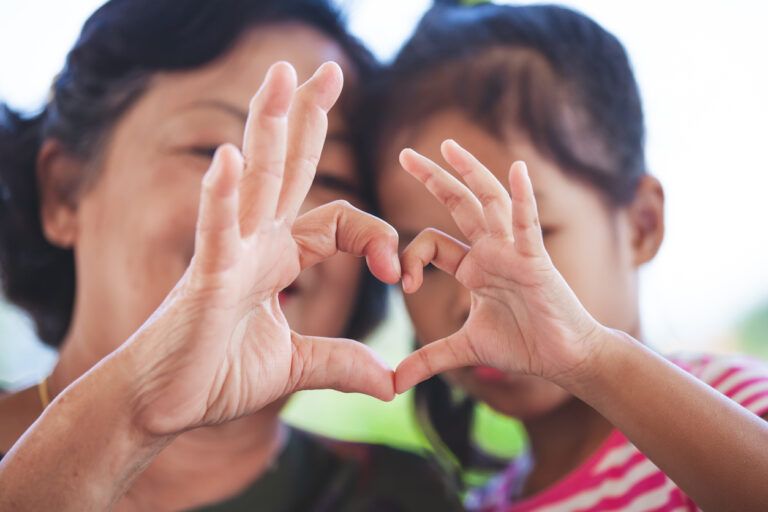
Why You Should Encourage Crawling — and How To Do It
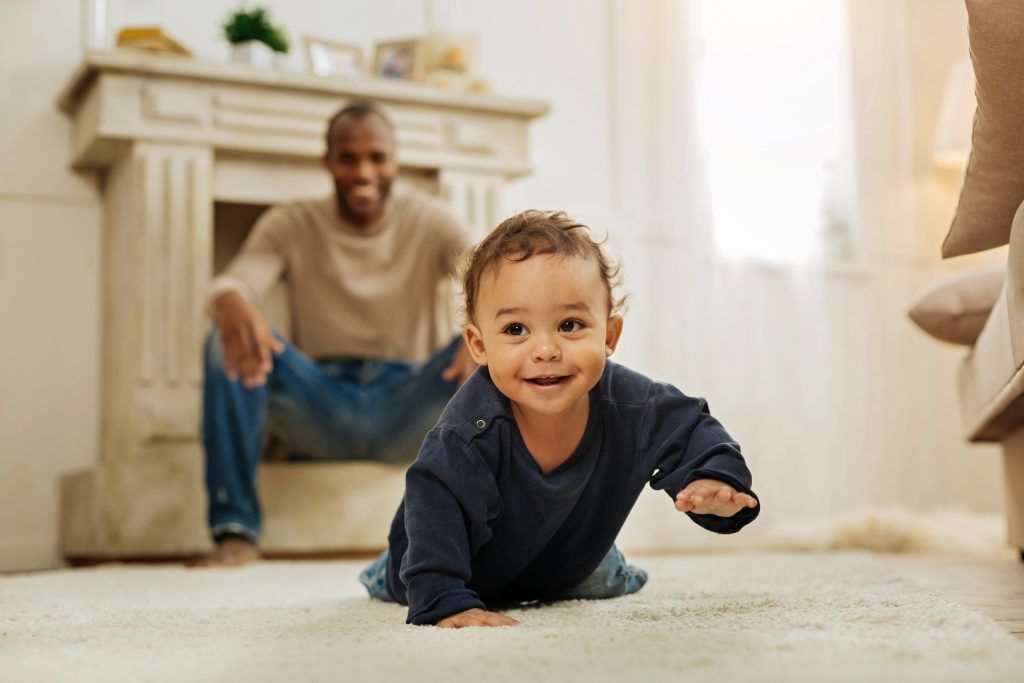
W-Sitting in Children: What Parents Should Know
